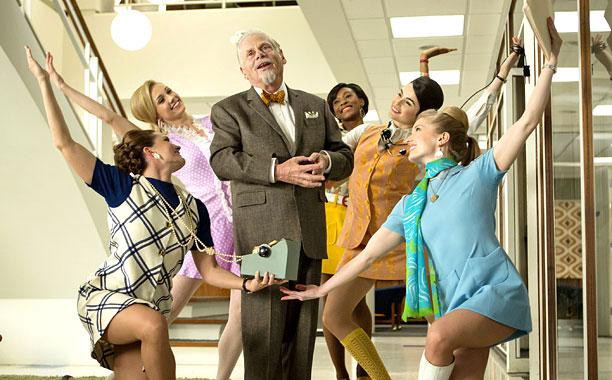More Money, More Life
Increasingly, The Richer You Are, The Longer You’ll Live

It seems natural that, on the whole, having more capital means having more and better access to the things that prolong as well as improve life, like clean air, clean water, less stress, better doctors, and so on. (The efficacy of such expensive food-like substances as reishi and maca is not yet proven.) Yet that is not a foolproof formula: as I’ve mentioned, my father made his way into the upper-middle class, but he died at 70, exactly as his own working class father had done; and, today especially, one can’t ignore the example of Supreme Court Justice Antonin Scalia, who, despite his net worth, estimated by Above The Law at several million dollars, passed away this weekend at 79.
Besides, the top 10% have always been able to buy their way into more and better. Nothing new there. But on average, as some NYT number-crunching makes clear, the longevity gap is growing dramatically: the rich are getting even more life while the poor are making very little progress at all.
In the early 1970s, a 60-year-old man in the top half of the earnings ladder could expect to live 1.2 years longer than a man of the same age in the bottom half, according to an analysis by theSocial Security Administration. Fast-forward to 2001, and he could expect to live 5.8 years longer than his poorer counterpart. …
Life expectancy for the bottom 10 percent of male wage earners born in 1920 was 72.9, compared with 73.6 for those born in 1950, the Brookings researchers found. For the top 10 percent, life expectancy jumped to 87.2 from 79.1.
That is to say that, over 30 years of supposed medical, technological, nutritional, public health, and social progress, we managed to increase the average poor American man’s life span less than one year. Over the same span of time, we managed to give the average rich American man nearly a decade.
So, functionally, what does all of this mean?
- Safety nets intended to help Joe Schmo are becoming hammocks for the rich:
The growing longevity gap means that benefits like Social Security are paid out even more disproportionately to the better-off because they are around for more years to collect them. Last summer, the National Academy of Sciences convened a panel of experts to study the implications. It concluded that disparate life expectancies are making the country’s biggest entitlement programs, like Social Security and Medicare, increasingly unfair to the poor and suggested officials consider policy changes to address the problem.
More about how Social Security benefits are increasingly a perk for the most privileged:
some of the program’s progressivity is being offset due to a growing gap in life expectancy between the rich and the poor.
That gap, when taken together with the rise in average retirement ages since the early 1990s, means the gap between lifetime benefits received by poor and less educated workers and the benefits received by high-income and well educated workers is widening in favor of the higher income workers.
- It means that, in terms of how long we can expect to live, rich Americans are essentially Western Europeans while poor Americans are Eastern Europeans — or out of the Eurozone entirely, with outcomes comparable to those in Turkey.
- It means, especially if you’re not a huge earner, you should stop smoking now. And if you are a huge earner, you should take start saving seriously now, because you gotta make enough to live through your 80s and perhaps beyond.
The NYT also reported this weekend that Boston’s Mass General hospital, which was founded to serve the poor, is opening up a new concierge health center catering to the rich. As the doctor overseeing the program puts it, “these patients will get the best of the best at a phone call.”
For $6,000 a year (and whatever their insurance pays), patients in its new Concierge Medicine Practice will get round-the-clock access to their doctors (initially, there will be three in the practice), as well as personalized nutritional, exercise and wellness counseling. …
To critics of concierge medicine, Mass General’s foray into the field is no cause for celebration. “It’s worrisome, unless you’re rich,” said Pauline Rosenau, professor of public health at the University of Texas Health Science Center in Houston. As for the hospital’s historical mission, she added, “I’d say it’s in jeopardy.”
The hospital insists that it will use some of the profits to help fund its larger mission. It offers no specifics as to how.
As this trend catches on, America’s rich will get even better treatment and even more life — just what the doctor ordered.
Support The Billfold
The Billfold continues to exist thanks to support from our readers. Help us continue to do our work by making a monthly pledge on Patreon or a one-time-only contribution through PayPal.
Comments